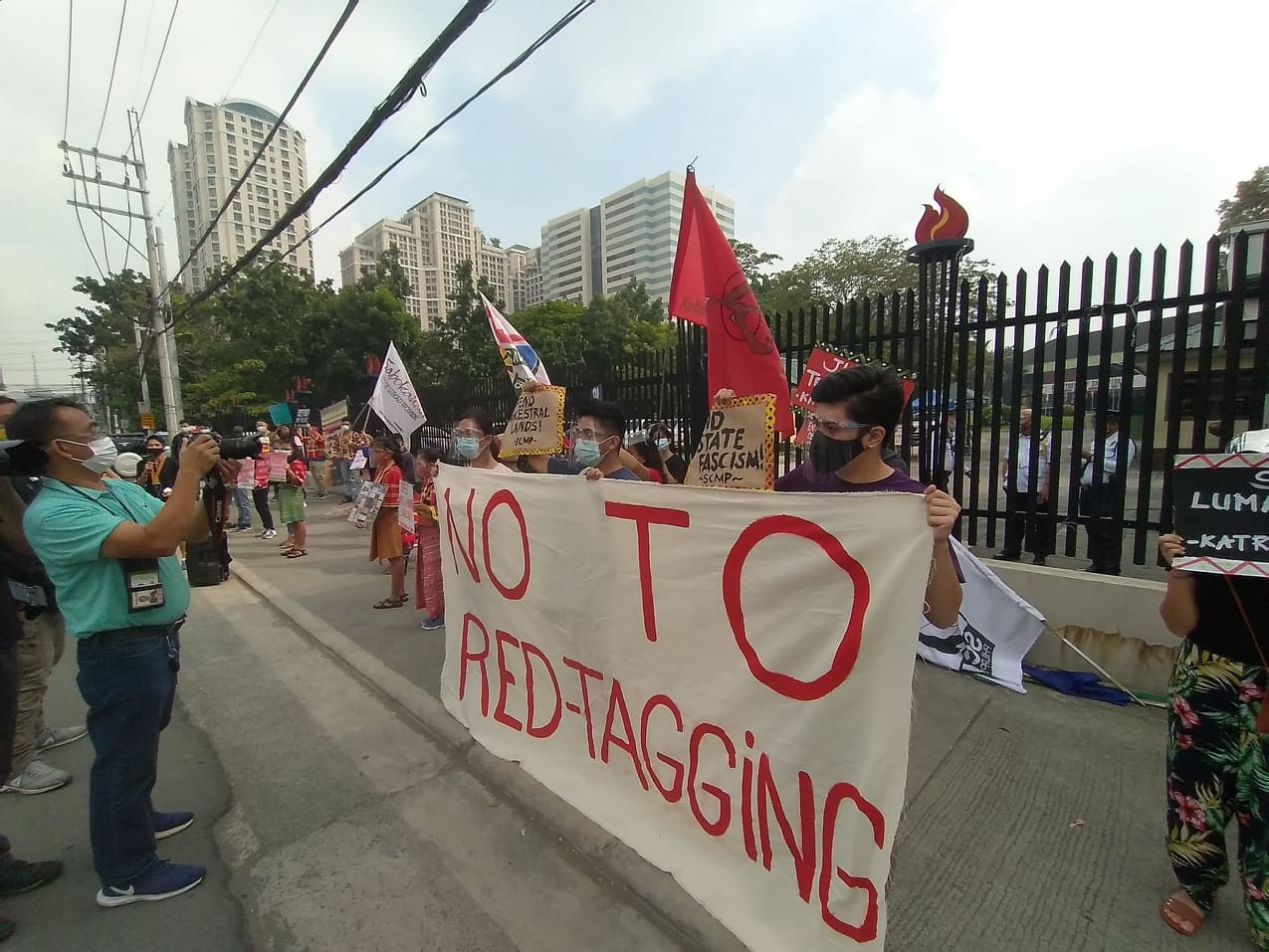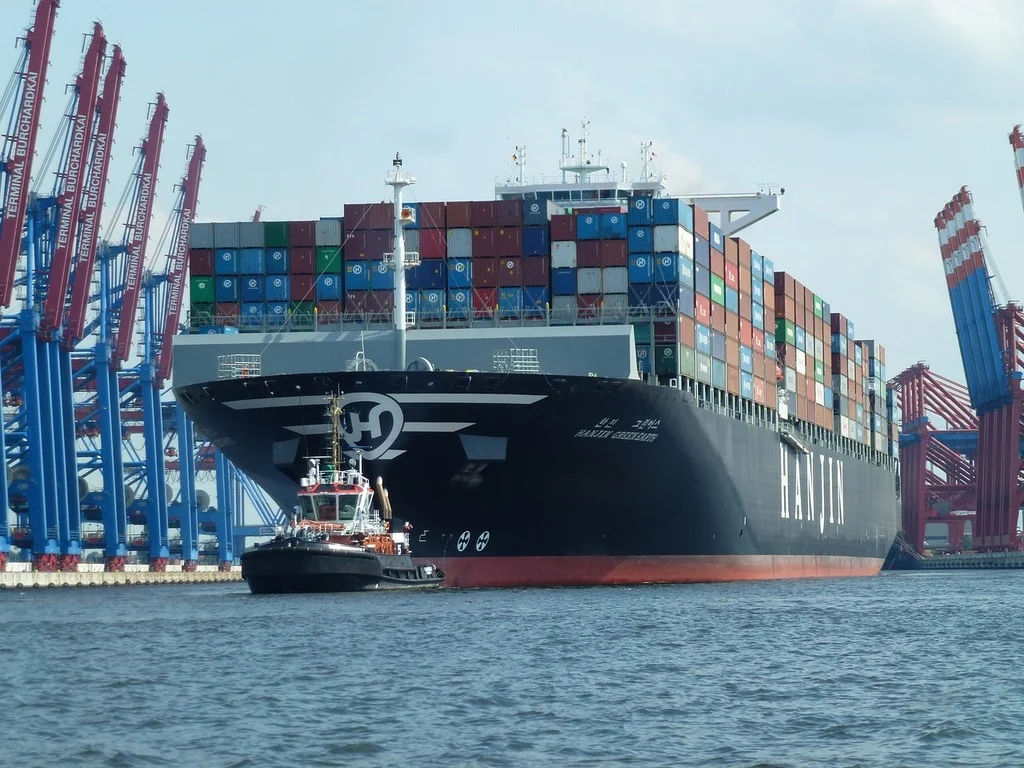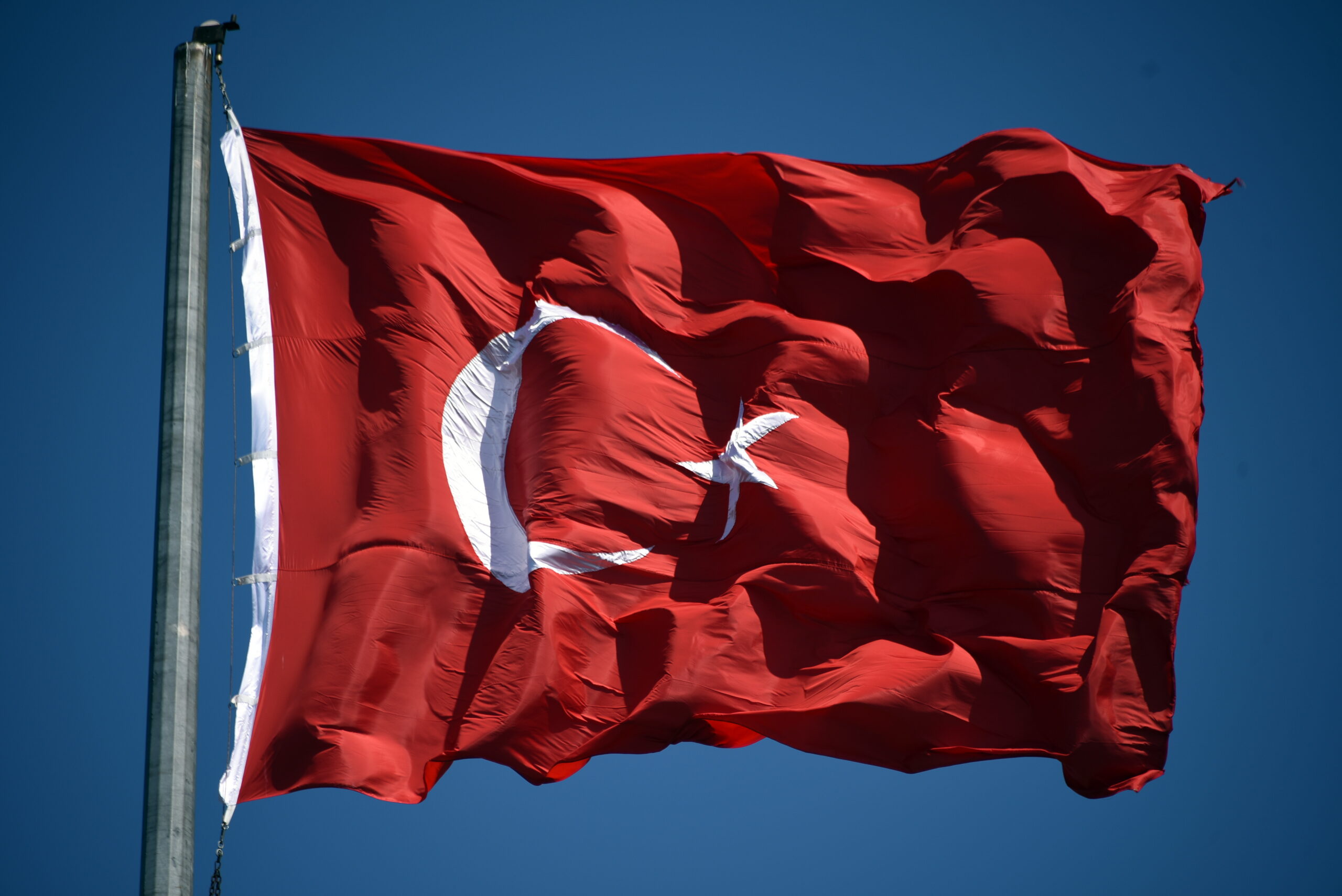The lengthy and frequently violent history of relations between Afghanistan and Pakistan has once again reached a turning point. Following a spike in cross-Durand Line violence over the Durand Line in October 2025, all parties have embarked on a new diplomatic phase, meeting in Istanbul with Qatar and Turkey serving as mediators. The negotiations in Istanbul represent the first sustained effort to establish a system for Durand Line management, militant control, and verification since the truce on October 19. However, mistrust, conflicting national narratives, and internal political pressures continue to jeopardise any chance for enduring peace.
From Clashes to Ceasefire
Strong combat broke out in numerous areas of the 2,600-kilometer Durand Line in early October 2025, especially in the vicinity of Kunar, Spin Boldak–Chaman and the Kurram tribal region. While Kabul denounced Pakistan’s retaliatory airstrikes in Kandahar and Paktika as flagrant violations of sovereignty, Pakistan accused the Taliban government of providing sanctuary to Tehrik-e-Taliban Pakistan (TTP) militants responsible for deadly raids inside Khyber Pakhtunkhwa and Balochistan. Numerous people were killed in the fighting, which also blocked important commerce routes and interfered with humanitarian supplies.
After the two regimes declared an emergency ceasefire on October 19, Qatar and Turkey mediated the conflict in Doha. Both governments promised to stop the attacks, restore communication channels, and set up verification processes. Although the truce provided temporary respite, it revealed underlying structural divisions, especially in relation to Pakistan regime’s demand that Taliban regime stop TTP activities and the Taliban’s insistence that Pakistan respect Afghan territorial integrity.
The Istanbul Talks: Diplomacy Under Strain
Delegations from Pakistan and the Taliban-led Afghan government, together with Turkish and Qatari mediators, met in Istanbul on November 6 for a third round of peace negotiations. Implementing the ceasefire, creating a joint Durand Line commission, and reopening shuttered trade crossings were the main items on the agenda. But there was a strained vibe. Defence Minister Khawaja Muhammad Asif of Pakistan’s military regime issued a warning prior to the meeting, stating that “if diplomacy fails, war will happen,” highlighting the military’s dissatisfaction with the ongoing attacks over the Durand Line. While Islamabad had established temporary agreements with the Taliban leadership, Foreign Minister Ishaq Dar acknowledged in parliament that “the system blocked action,” reflecting internal disagreements about engagement strategy and bureaucratic inertia. The Istanbul round gave Taliban administrations a chance to reclaim their diplomatic status. Afghanistan “will not allow its soil to be used against any country,” according to Taliban spokesperson Zabihullah Mujahid, who also blamed “Pakistani aggression” for weakening the ceasefire. The Taliban group demanded guarantees that Pakistan would respect the sovereignty of the Durand Line, a recurring flashpoint since 2021, and desist from unilateral drone strikes.
Structural Barriers to Peace
Militant sanctuaries. The distinction between state control and insurgent action is blurred by the TTP’s semi-autonomous operations from Afghan territory. The Taliban’s unwillingness to take on the TTP reflects their shared ideology and ethnicity with Pashtun militants who backed their own cause. However, since 2022, the TTP has killed over 1,000 Pakistani servicemen in strikes, posing an existential security danger to Pakistan.
Sovereignty and recognition. Kabul continues to reject the Durand Line as an international border, viewing it as a colonial-era boundary, and to see the barrier fenced by Pakistan as an illegal imposition that divides tribal groups. Regular armed clashes between Durand Line guards result from the absence of an agreed-upon boundary.
Political constraints. Pakistan military regime’s politicalinstitutions are still at odds about how to deal with the Taliban. While some members of the foreign ministry and intelligence agencies want limited participation, the defence establishment supports coercive deterrence. Meanwhile, nationalist groups are putting pressure on the Taliban regime, claiming that giving up to Pakistan would damage their reputation as revolutionaries.
Economic stakes. Due to sanctions and aid cuts, Afghanistan’s economy depends on cross-Durand Line trade for both transit access to international markets and necessary imports. The closure of crucial crossings has increased the humanitarian crisis and cost Afghan traders millions of dollars per day. Trade restrictions damage Durand line villages that depend on business, but they also give Islamabad influence.
Regional and Diplomatic Implications
The Istanbul talks carry significance beyond bilateral relations.
Security and stability. If the AfPak Durand-crossing is not stabilised, transnational organisations that take advantage of governance gaps, like Islamic State Khorasan (IS-K) and al-Qaeda remnants, may gain more strength. The China-Pakistan Economic Corridor (CPEC) and other regional initiatives by China and Russia could be jeopardised by renewed hostilities that spread to Central Asia.
Regional diplomacy. The mediation by Turkey and Qatar highlights the transition from Western to regional players in conflict resolution. Their participation demonstrates the rise of “middle power” diplomacy, an area in which Australia also places itself through its humanitarian policy and Indo-Pacific alliances.
Economic and humanitarian dimensions. Beyond security and displacement, food shortages have gotten worse due to Durand Line closures. Reconstruction money and trade facilitation are essential components of a durable peace process, and regional donors and multilateral organisations can help in these areas.
Taliban governance test. The Istanbul process is seen by the Taliban as a test of their ability to rule and interact diplomatically. If the ceasefire is implemented successfully, it could improve their standing internationally; if it is not, isolation and legitimacy issues could worsen.
The Path Ahead
Whether the ceasefire develops into a long-term peace will be decided in the weeks that follow Istanbul. Pakistan has promised that Afghan territory won’t be utilised for cross-Durand Line terrorism and has tied any of its reopening to verifiable action against the TTP. In response, the Taliban call for respect for Afghan sovereignty and a halt to Pakistani airstrikes. It will take institutional follow-through in both states in addition to diplomatic skill to bridge these views. The next stage must create cooperative verification procedures under impartial observation, possibly with assistance from the UN or the Organisation of Islamic Cooperation, and link peace advancement to financial rewards – like customs revenue-sharing and cross-Durand Line trade routes – to be credible. Diplomatic pledges are unlikely to be upheld in the absence of real advantages for Durand Line communities.
The discussions highlight the potential and constraints of post-Western mediation for the larger region. A new ecosystem of regional conflict management is emerging as non-aligned entities like Turkey and Qatar take on tasks previously occupied by Western coalitions. Despite being physically far away, Australia has a stake in the stability of South and Central Asia, where shaky peace agreements affect humanitarian needs, migration pressures, and terrorist flows. Canberra’s Indo-Pacific strategy of “collective resilience” is aligned with engagement through humanitarian programmes, counterterrorism discussion, and support for regional mediation efforts.
Conclusion
The fragile ceasefire and strategic trust are at odds in the Afghanistan-Pakistan peace process in Istanbul. Managing internal demands while handling regional expectations is a major task for both governments. Whether pledges result in quantifiable action reducing militancy, reopening trade, and establishing political space for discourse outside of the battlefield will determine the outcome. For the time being, the Istanbul negotiations are a unique instance in which diplomacy has put a stop to hostilities. The future of South Asia’s most contentious crossings will depend on its ability to establish lasting peace.
Sami Omari is an Afghan-born international relations, diplomatic and policy consultant with extensive experience alongside NATO, ISAF, the U.S. Department of State, and diplomatic missions on governance, conflict, and legal reform in fragile states. He previously served as a prosecutor, legal advisor, and cultural affairs advisor in Afghanistan. He served as the Government Liaison Manager for NATO in Afghanistan during the US-Taliban Doha agreement and the release of 5000 Taliban prisoners. Now based in Australia, he is a Strategic Consultant on South and Central Asian Security and Strategic affairs and currently completing a Master’s in International Relations at Flinders University, Australia.
This article is published under a Creative Commons License and may be republished with attribution.





